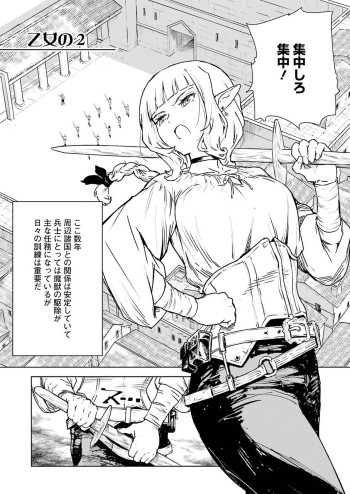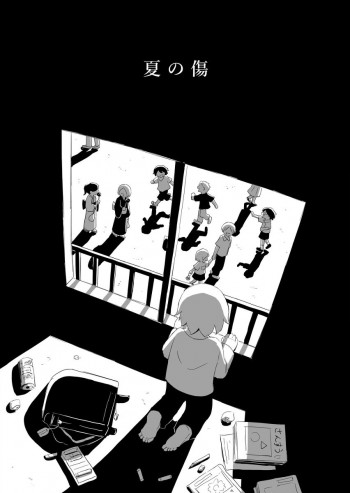Martial Peak Reviews
Stacy Rush's The Devil's Heir is a gripping tale that delves into the dark and often dangerous world of mafia empires, where power dynamics and personal vendettas intertwine with the complexities of human emotions. At its core, the novel is a story of survival, redemption, and the transformative power of love, set against a backdrop of crime and intrigue.
The narrative begins with Liliana, a character whose life has been marked by hardship and a desperate need to escape her past. Her encounter with Jarek Falcon, the heir to a mafia empire, sets the stage for a tumultuous relationship defined by obsession, cruelty, and ultimately, a quest for freedom. Rush crafts Liliana as a resilient and resourceful protagonist, whose journey is both heart-wrenching and inspiring. Her evolution from a girl with nothing to lose to a woman determined to reclaim her life is one of the novel's most compelling aspects.
Jarek Falcon, on the other hand, is a complex character whose initial portrayal as a ruthless and calculating heir gradually gives way to a more nuanced depiction. His obsession with Liliana is initially unsettling, but as the story unfolds, Rush peels back the layers of his character to reveal a man grappling with his own demons and vulnerabilities. This transformation is crucial to the narrative, as it challenges readers to reconsider their initial perceptions and explore the possibility of redemption.
The theme of power and control is prevalent throughout the novel, as Jarek's need for an heir to secure his inheritance drives the plot forward. The deal he proposes to Liliana—a child in exchange for a lifetime of security—serves as a catalyst for the unfolding drama. This arrangement, while seemingly transactional, becomes a conduit for exploring deeper emotional connections and the complexities of love. Rush skillfully navigates these themes, highlighting the tension between personal desires and societal expectations.
One of the novel's strengths lies in its exploration of the concept of change. Both Liliana and Jarek are forced to confront their pasts and the choices that have shaped their lives. The idea that people can change, and that love can be a transformative force, is a recurring motif that adds depth to the narrative. This is particularly evident in Liliana's interactions with figures from her past, which serve as pivotal moments of reflection and growth.
Rush's writing is both evocative and immersive, drawing readers into the gritty and dangerous world of the mafia. Her attention to detail and ability to create vivid, atmospheric settings enhance the overall impact of the story. The pacing is well-executed, with moments of tension and suspense balanced by introspective passages that allow for character development.
In comparison to other works in the genre, such as Sylvia Day's Crossfire series or J.R. Ward's Black Dagger Brotherhood, The Devil's Heir stands out for its focus on character evolution and the moral complexities of its protagonists. While it shares thematic similarities with these series, particularly in its exploration of power dynamics and forbidden love, Rush's novel offers a unique perspective on the possibility of redemption and the enduring impact of past choices.
However, the novel is not without its flaws. Some readers may find the initial portrayal of Jarek's obsession with Liliana to be unsettling, and the transition from cruelty to love may feel abrupt. Additionally, the resolution of certain plot points could benefit from further development to provide a more satisfying conclusion. Despite these minor shortcomings, the emotional depth and character-driven narrative make The Devil's Heir a compelling read.
Overall, Stacy Rush's The Devil's Heir is a captivating exploration of love, power, and the possibility of change. Its richly drawn characters and intricate plot make it a standout addition to the genre, appealing to readers who appreciate stories of redemption and the complexities of human relationships. The novel's ability to challenge perceptions and evoke empathy is a testament to Rush's skill as a storyteller, ensuring that it will resonate with audiences long after the final page is turned.
























Reviews 0
Post a Reviews: